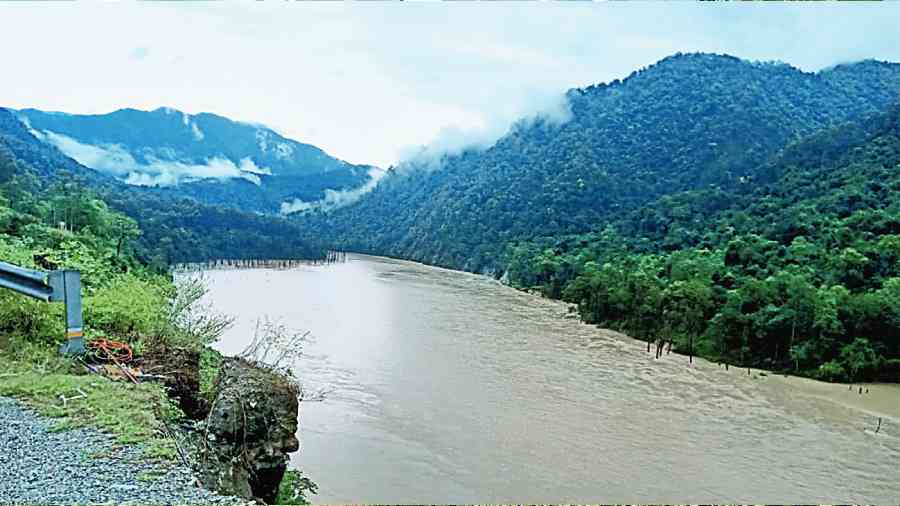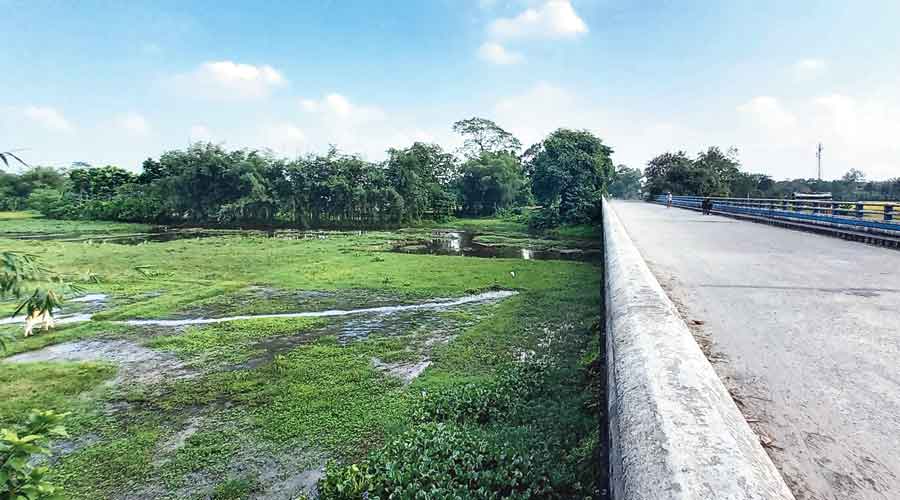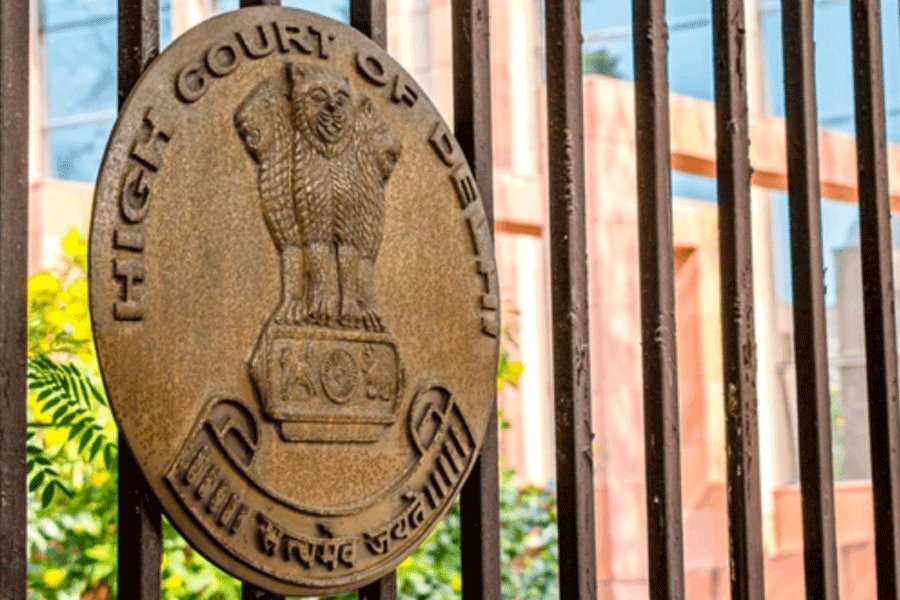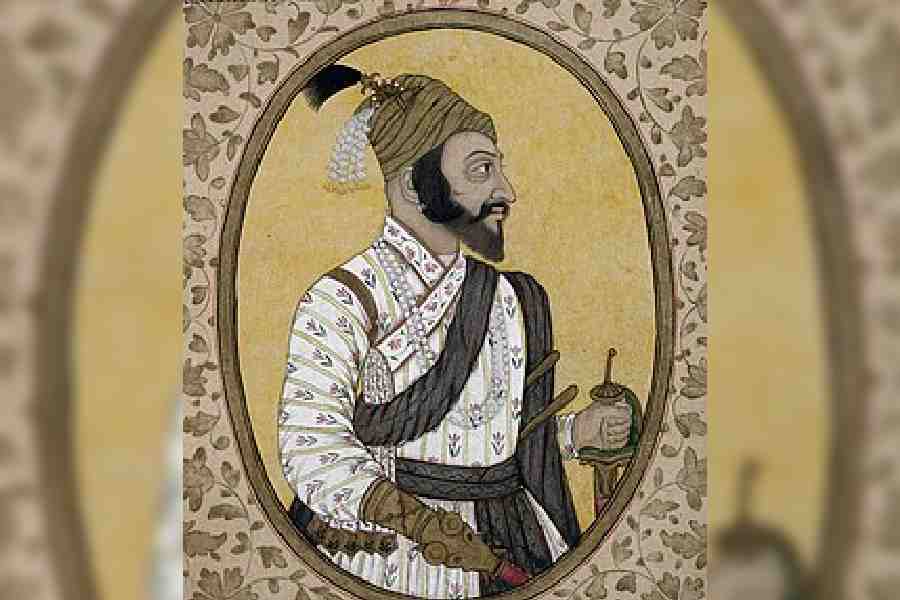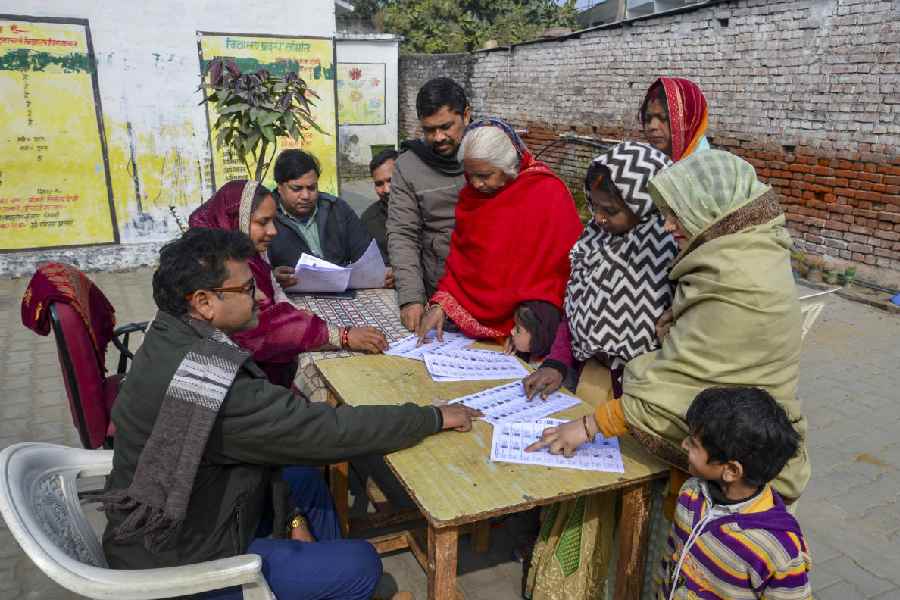The Chinese envoy in Dhaka on Sunday sent a tactical message to Bangladesh Prime Minister Sheikh Hasina, prodding her to opt for a multipurpose Teesta river management project with the help of Beijing instead of banking on India to deliver on the much-awaited water-sharing deal.
Led by Li Jiming, Chinese ambassador to Bangladesh, a three-member team visited the Teesta barrage area in Lalmonirhat district, accompanied by senior district officials and local MP Motahar Hossain.
“We are here to explore the possibility of dredging the river…. Our engineers are studying the condition in detail to ascertain the timeframe of the project. We are confident that the Teesta mega project can be launched very soon,” the Chinese envoy told local reporters on the first day of his visit.
He emphasised that the project would result in economic prosperity and improve the living standards of the people in the region, who depend primarily on agriculture.
The comment from Li, who is expected to hold meetings in the area with senior officials and residents on Monday, assumes significance against the backdrop of Hasina’s recent India visit, during which she had iterated the need for a speedy conclusion to the Teesta water-sharing deal. The proposed deal has been stuck since 2011 because of opposition from Bengal chief minister Mamata Banerjee.
Dhaka is desperate to seal a deal on sharing the waters of the trans-border river. It claims that about 60 per cent of an estimated 90,000 hectares on the river’s banks remain unused in the dry season because of the lack of water in the Teesta, a tributary of the Brahmaputra that originates in the Teesta Kangse glacier and flows through Sikkim and Bengal before entering Bangladesh.
Although Hasina has several times said in public that she is confident that India, under the leadership of Prime Minister Narendra Modi, would conclude the deal at the earliest, Bangladesh has also been exploring alternative options to tackle the problem of water scarcity in its northwest.
The much-talked-about multipurpose Teesta river management project involves dredging, building reservoirs, laying a drainage system along the river, and constructing embankments and satellite cities on both banks. The Bangladesh government often cites the project as the most effective solution to the irrigation needs of farmers in the region.
Two years ago, Dhaka had proposed implementing the $1-billion project under Chinese funding as the water-sharing treaty on the fourth-largest trans-boundary river with India had not materialised despite a decade-long wait.
The prospect of Chinese involvement in such a large project would concern India, signalling a failure of hydro-diplomacy with its most trusted neighbour.
There have been strategic concerns too. The project will lead to Chinese presence within 100km of the India-Bangladesh border, close to the Chicken’s Neck, the narrow strip of land in north Bengal that connects the Northeast with the rest of India.
Multiple sources in Dhaka confirmed that the Hasina government had pressed the pause button on the plan following New Delhi’s reservations about Chinese involvement in the project.
Against this backdrop, the Chinese envoy’s visit to the area along with a technical team can be viewed as reflecting Dhaka’s renewed interest in the project after Delhi’s failure to offer anything concrete on the Teesta waters during Hasina’s visit last month, a source in Dhaka said.
“The envoy’s visit to the area and the presence of several government officials from the Water Development Board and the local administration indicate that the government is keen to explore the option of Chinese involvement in addressing the problem of water scarcity,” a source said, before adding that speculation was rife that the file on the project had again moved up to the Prime Minister’s Office.
According to the source, as water is an emotive issue in Bangladesh, the government – which faces an election next year -- cannot afford to wait indefinitely for completion of the Teesta deal.
“Besides, researchers in Bangladesh have been worried about the Teesta drying up and its impact on the agrarian economy and the ecology of the region. Therefore, a speedy solution is a must,” the source said.
Contacted, Enamul Haque Shamim, deputy minister for water resources in Bangladesh, declined to comment on the Chinese envoy’s visit and his comment about launching the project.
A source close to the Hasina dispensation said the speculation about Dhaka biting the Chinese bait was far-fetched in the present situation.
“The entire project will cost over $1 billion…. The most important question is whether we can afford such a huge foreign loan at a time there are signs of stress on our economy,” the source said.
Bangladesh is in the middle of negotiations with the IMF for a $4.5-billion loan to cope with the mounting pressure on its economy. The country has also sought $2 billion from the World Bank and the Asian Development Bank (ADB) to bolster its foreign exchange reserves.
The source, however, did not rule out the possibility of Beijing trying to cosy up to the Hasina government by citing New Delhi’s failure to deliver on the most important element in Dhaka’s wish list.
“The Chinese will do anything to have their footprint here in Bangladesh…. We all know that the Chinese are wobbling now in Sri Lanka. So, they may be trying to create an impression that they can deliver what India can’t,” the source said.

